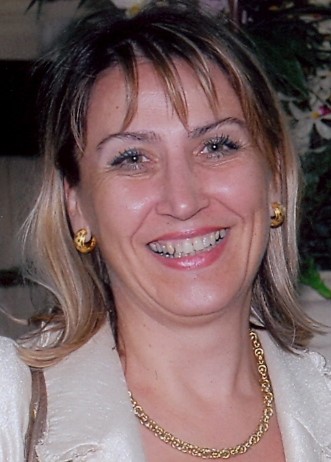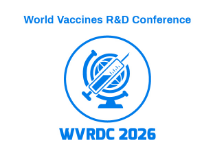Speakers - 2025

Andjelka Stojkovic
Andjelka Stojkovic
- Designation: Department of Pediatrics, University of Kragujevac
- Country: Serbia
- Title: Level of prevention of RSV Infection in Infants
Abstract
Respiratory syncytial virus (RSV) is a significant health problem worldwide, especially in children younger than 6 months. RSV is not recognized by cytotoxic T-lymphocytes, or there is a polymorphism for interleukin-10, or there is a deficient production of interferon (INF)-beta or there is a cross-reaction between elevated immunoglobulin-E and downregulation of INF-alpha due to high expression of the receptor (FcεRIα) on dendritic cells, due to which prolonged ciliary damage and corticosteroid-resistant airway inflammation are manifested. The previous prevention with a humanized IgG1k monoclonal antibody (Palivizumab) was expensive and provided short-term immunoprophylaxis with a half-life of 2–3 weeks, which is why five doses were administered over five consecutive months and were administered to children from risk groups, primarily premature infants under 35 weeks of gestational age with accompanying disease. Modern technology has enabled the production of a humanized IgG1k monoclonal antibody (Nirsevimab), which achieves a half-life of 71 days with one intramuscular injection at the beginning of the season and can be used in all children up to five years of age, which achieves more comprehensive protection against RSV infection, prolonged for a longer period in the first and second years of life. Expansion of the Nirsevimab immunization calendar is currently being considered in many countries around the world. Immunoprophylaxis of pregnant women with "vaccine for mothers" provides a lower level of protection of infants against RSV infection compared to Nirsevimab. In addition to immunoprophylaxis against RSV, hygienic measures to protect against respiratory virus infection, isolation of patients with RSV infection, control of cross-transmission of viral and atypical infections in hospital and non-hospital environments, and testing with a rapid test at the beginning of the RSV season are carried out. Treatment of children suffering from RSV infection is symptomatic and in accordance with the severity of the clinical picture (mild to severe respiratory insufficiency).
Keywords: virus, infection, immunoglobulin G, antiviral agents, infant

